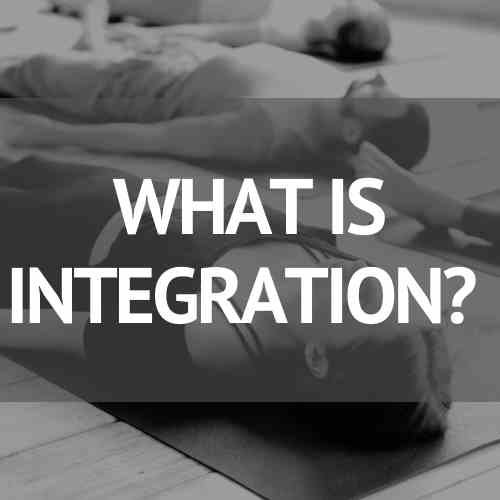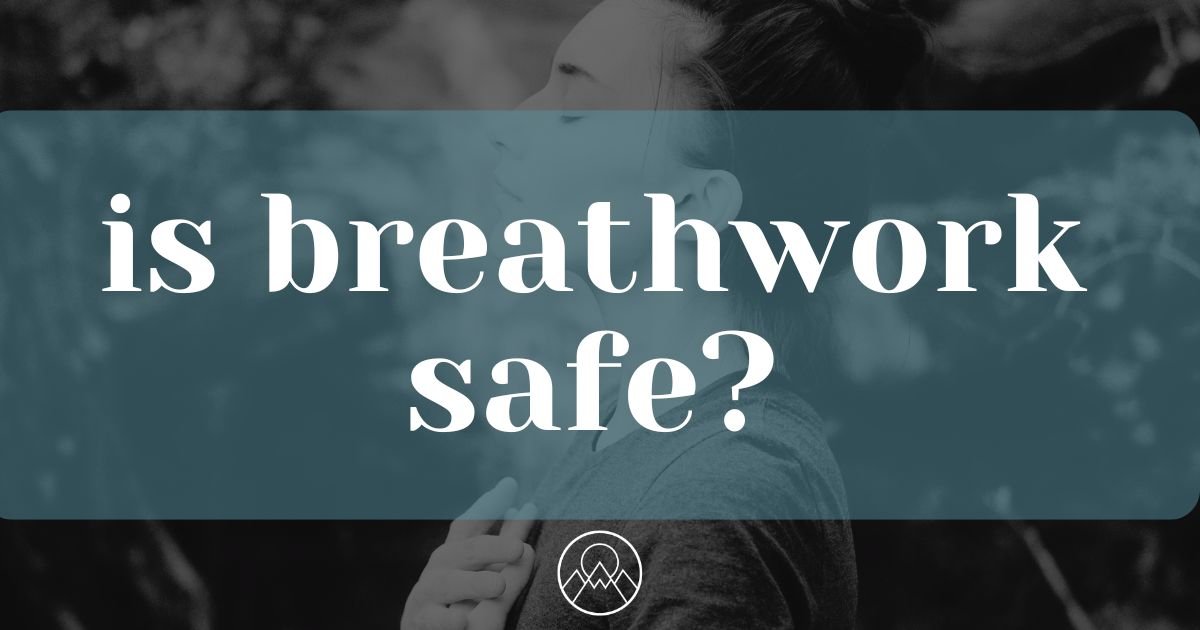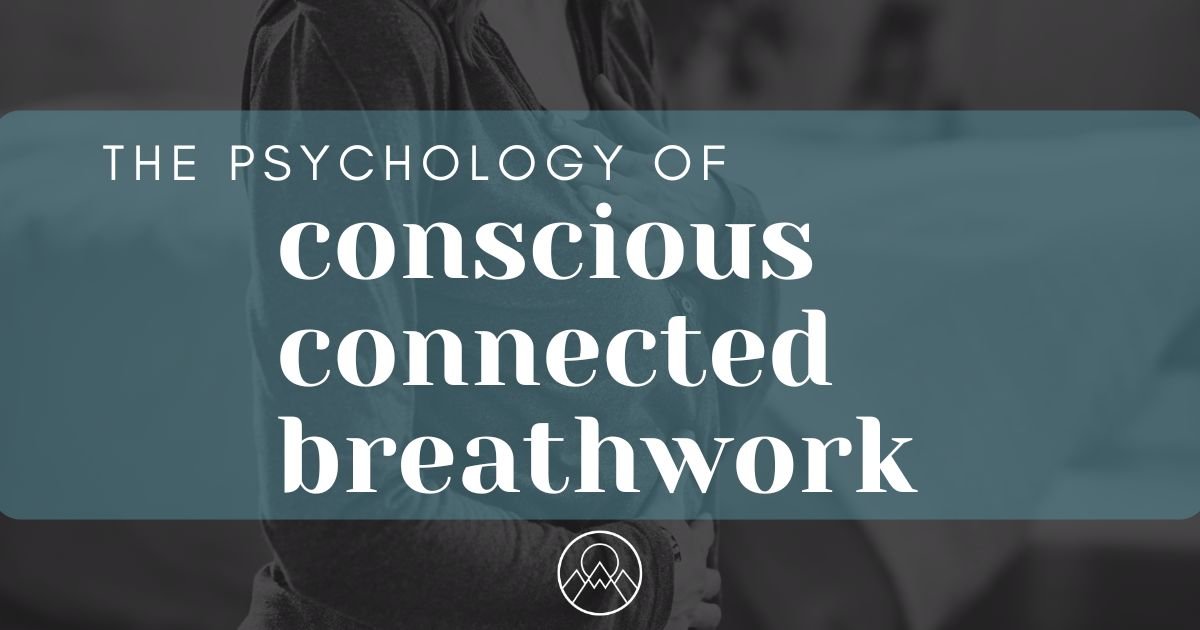
Airwaves
A Breathwork Blog by Breathing Space
Blog Categories
Most Recent Breathwork Blog Posts



Is Breathwork Safe?
“Is Breathwork Safe?” That’s probably the number one question we get asked. Breathwork has captured the attention of people around the world, celebrated for its ability to reduce stress, promote healing, and unlock personal growth…but none of that matters if it isn’t safe!
The honest answer? Yes and no.

The Psychology of Conscious Connected Breathwork
What if your breath held the key to unlocking the deepest parts of your mind? For centuries, breathwork has been used as a tool for self-discovery, emotional release, and spiritual connection. Today, modern psychology is beginning to uncover why practices like Conscious Connected Breathwork (CCB) have such a profound impact on our mental and emotional well-being.









